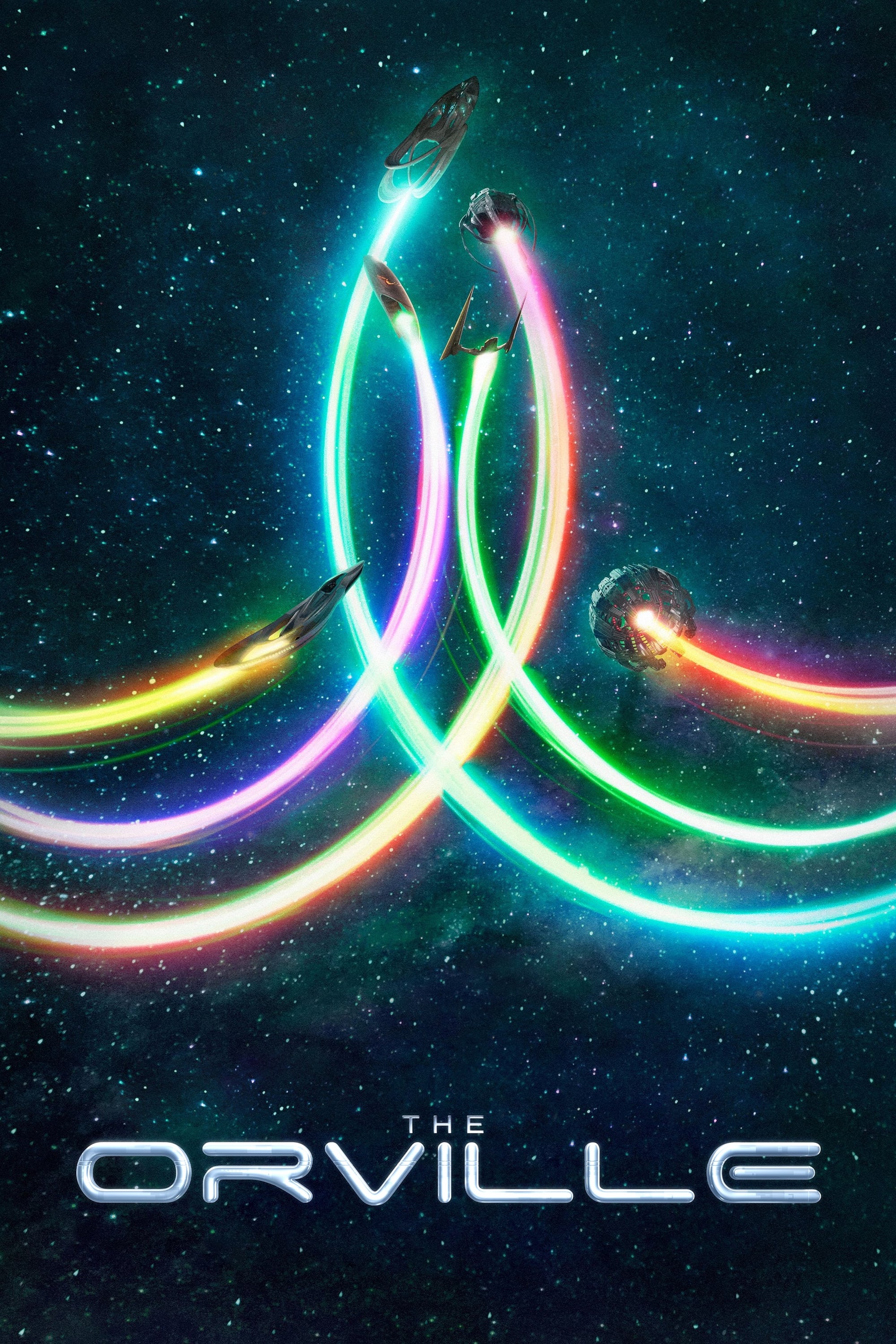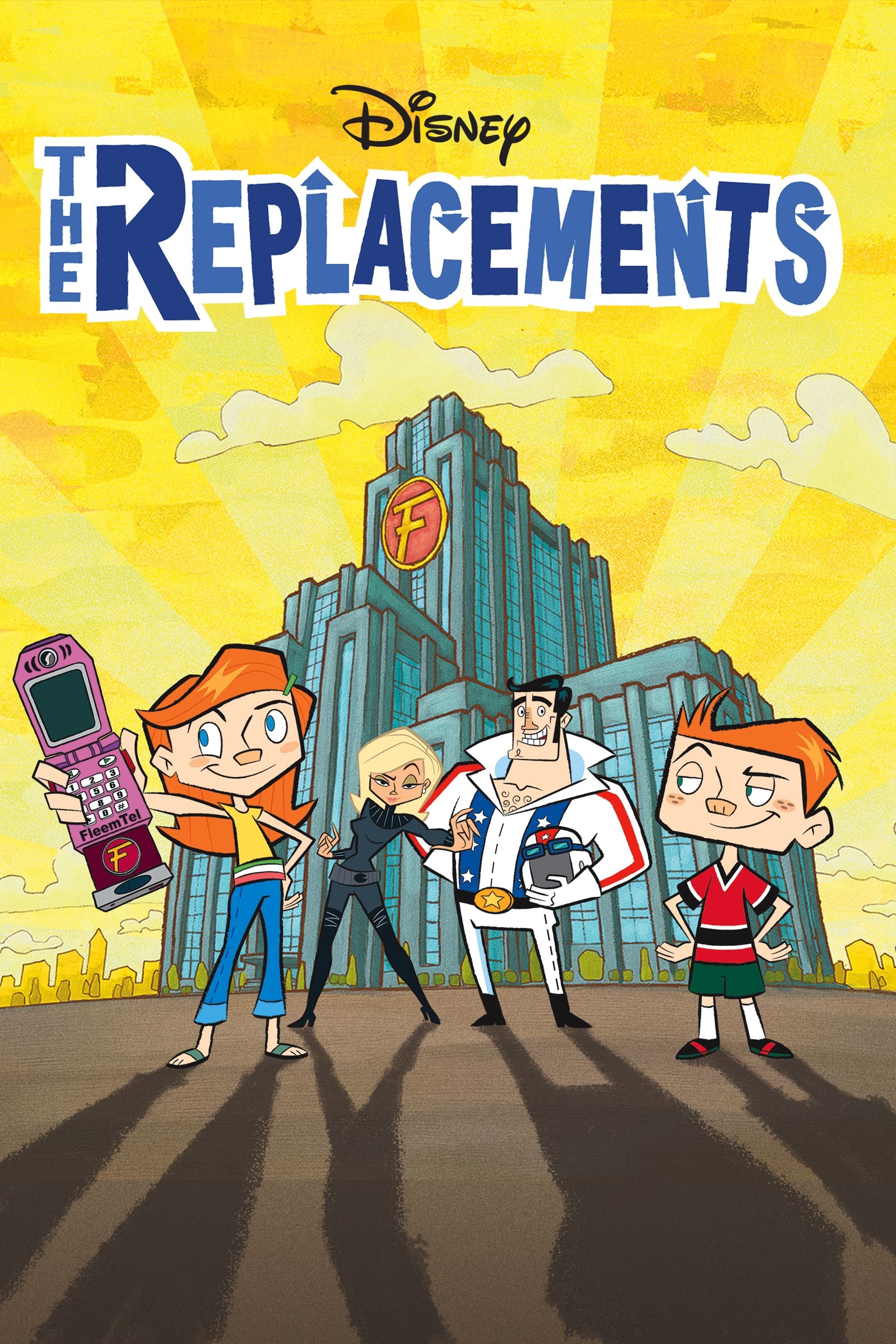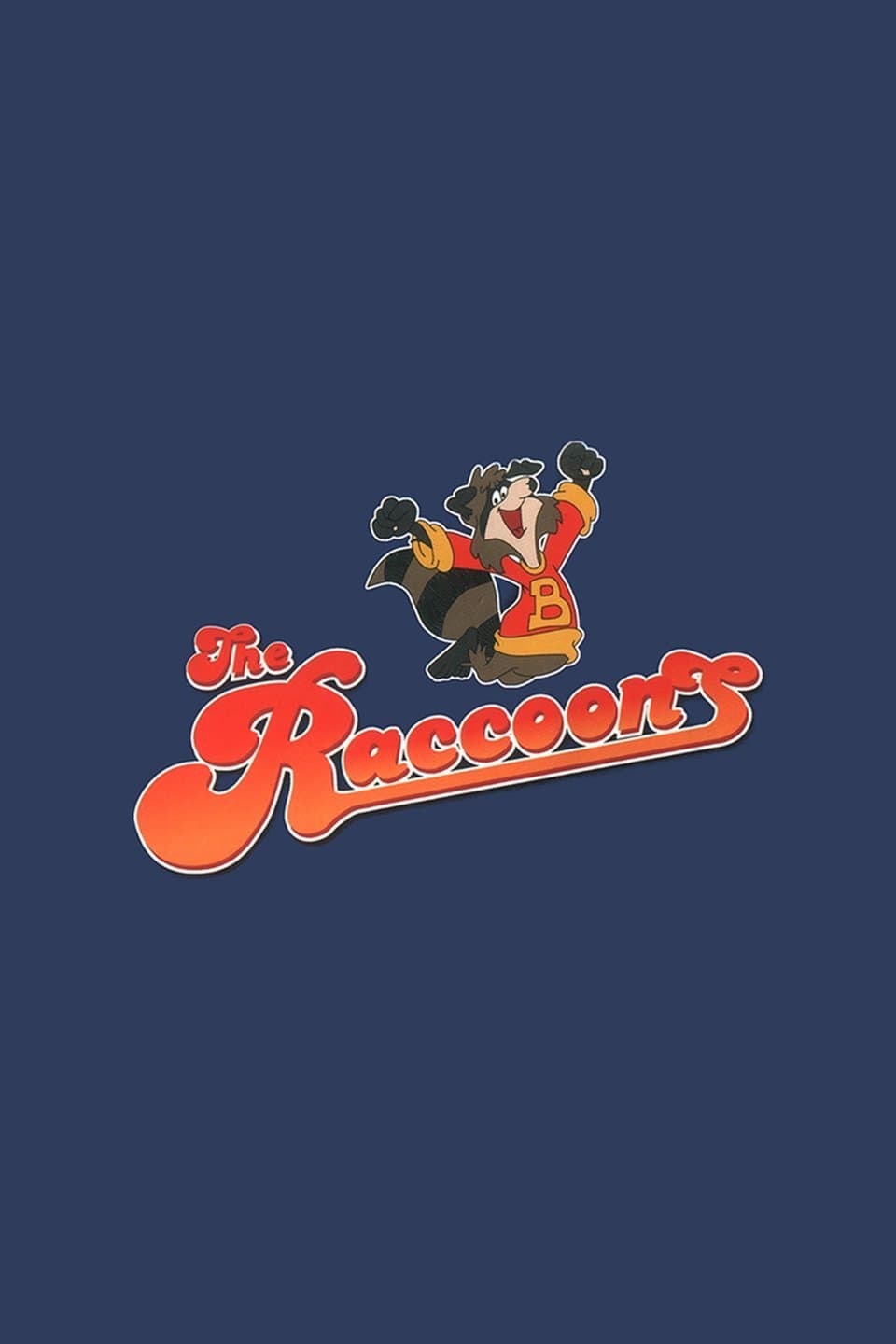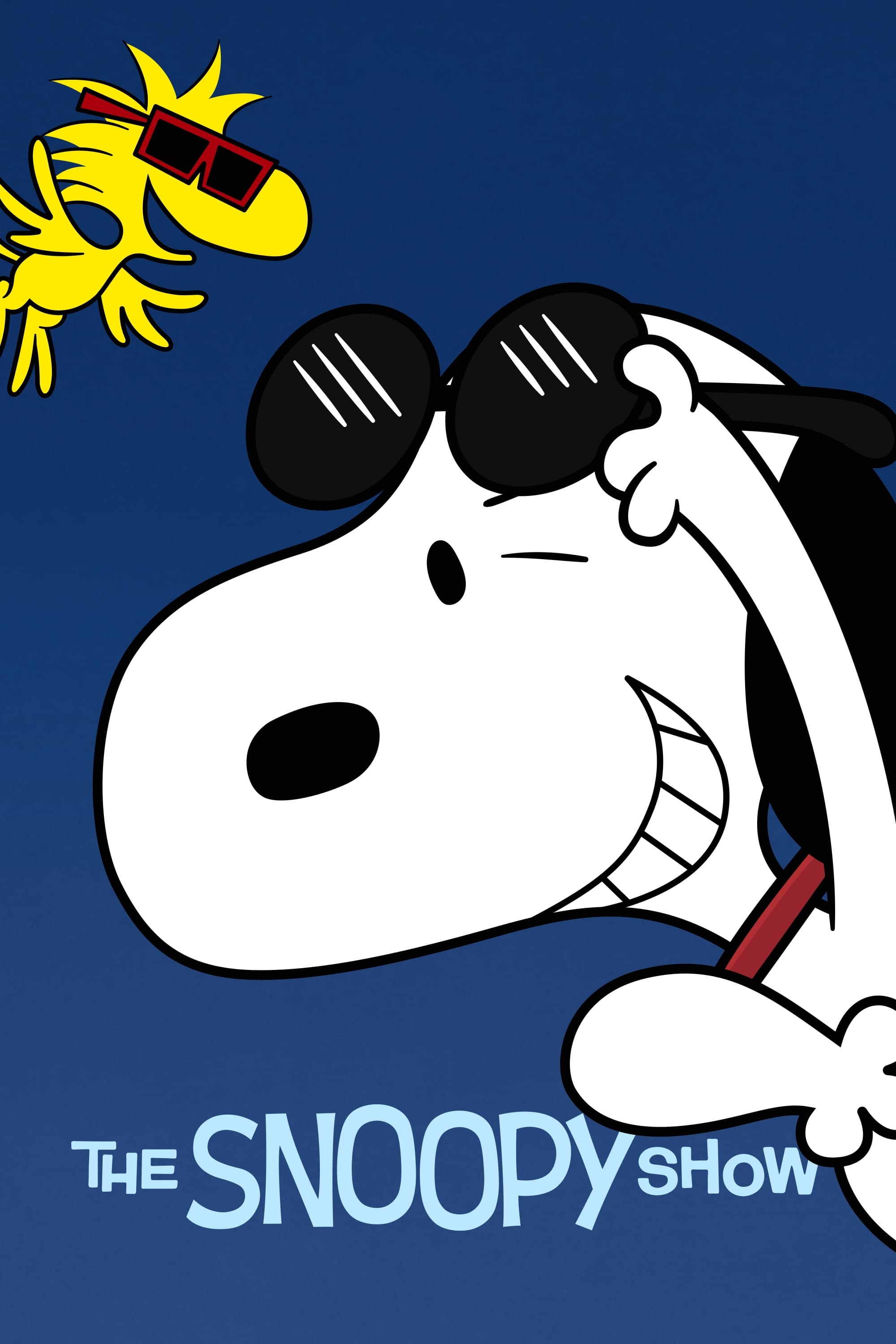
Maria Callas, Orch del Teatro alla Scala di Milano, Tullio Serafin – Mascagni: Cavalleria Rusticana (1953/2014)
FLAC (tracks) 24 bit/96 kHz | Time – 01:17:59 minutes | 650 MB | Genre: Classical
Studio Masters, Official Digital Download | Front Cover | © Warner Classics
Playing Santuzza in a student production of Cavalleria rusticana in Athens in April 1939 was the very first time that Maria Callas, then aged 15, appeared in a leading role in a complete opera, albeit a short one. Her performance went well, both vocally and histrionically, despite the fact that she was suffering from toothache, and her shortsightedness on stage proved to be a problem that needed to be overcome, both then and throughout her career. She later sang Santuzza professionally with the Greek National Opera Company in 1944. After her sensational triumph in I puritani in Venice in 1949 she embarked on a glittering international career and became established as the leading star of La Scala, Milan, which became her artistic home throughout the 1950s. It was with the forces of La Scala that she would go on to make a series of opera recordings that remain unsurpassed to this day, beginning with I puritani in March 1953. Her next recording at La Scala was to be Tosca in August, but before then a recording of Cavalleria rusticana was being made in June at La Scala with a distinguished mezzo-soprano as Santuzza. Despite the fact that this singer was appearing in the role successfully in live performances around that time, she spectacularly failed to hit the top note at the recording sessions, even after repeated tries. The mezzo was given a period of rest and the sessions were postponed until early August, but just before they were about to resume she announced that she was ill and was dropped completely from the project. In a desperate attempt to save the situation, Callas was asked to step in and, despite pressing engagements elsewhere, she agreed. After two days’ rehearsal with Maestro Serafin, she ran through the performance in fine style and the recording now takes its rightful place in the Callas catalogue. –TONY LOCANTRO, 2014
Read more
Maria Callas, Orch del Teatro alla Scala di Milano, Tullio Serafin – Luigi Cherubini: Medea (1957/2014)
FLAC (tracks) 24 bit/96 kHz | Time – 01:58:51 minutes | 2,02 GB | Genre: Classical
Studio Masters, Official Digital Download | Front Cover | © Warner Classics
Medea is one of the roles most closely associated with Maria Callas – and it is Medea, rather than Médée, because she only ever sang Cherubini’s Médée (1797) in the Italian translation by Carlo Zangarini. It occupies sixth place in the list of roles she sang most often, with a total of 31 performances, and it was a part to which she brought an especially personal and intensely felt interpretation, informed by both her Greek background and her matchless talent for tragedy. Although she was associated above all with the Romantic bel canto repertoire and with Verdi, she also ventured with great success into the Classical repertoire, appearing on stage in works by composers from Gluck (Alceste, Ifigenia in Tauride) to Haydn (Orfeo ed Euridice – she made her debut as Eurydice on stage in Florence with Erich Kleiber in 1951) and Mozart (Die Entführung aus dem Serail at La Scala in 1952, in Italian). To these one could add Spontini’s La vestale (1807), which lies stylistically somewhere between Médée and Norma (La Scala, 1954), even Beethoven’s Fidelio (1804–14), which she sang in Athens in 1944. Medea, falling between the late Classical and pre-Romantic, was the ideal role for Callas (she starred again as the sorceress of Colchis in Pier Paolo Pasolini’s film Medea in 1969, in an altogether different kind of classical reinterpretation, which, although non-musical, had a preview screening at the Paris Opéra). It was at the 1953 Maggio Musicale in Florence that Callas made her debut as Medea, under the baton of Vittorio Gui: the live recording stands as a lasting legacy of her incredible stage presence. So successful was she that La Scala engaged her to repeat the role at the end of the same year, this time with Leonard Bernstein on the podium: another live recording captured another incomparable moment in operatic history. After performances in Venice, Rome, Dallas, London and even the ancient theatre of Epidaurus, it was in this most emblematic of roles that Callas bid her final farewell to La Scala, on 29 May 1962. In between the two, in September 1957 (the same year as Il barbiere di Siviglia, La sonnambula, Turandot and Manon Lescaut!), Callas recorded Medea in Milan, in a version that differed somewhat from her stage performances, if only for the reduced, almost chamber-like orchestral ensemble and the generally incisive nature of its playing, closer to the practice of the late 18th century than to the pre-Romantic feel of her stage incarnation of Medea. –MICHEL ROUBINET
Read more
Maria Callas, Orch del Teatro alla Scala di Milano, Tullio Serafin – Puccini: Turandot (1957/2014)
FLAC (tracks) 24 bit/96 kHz | Time – 01:58:21 minutes | 1,19 GB | Genre: Classical
Studio Masters, Official Digital Download | Front Cover | © Warner Classics
Maria Callas’s outstanding assumption of the title role was recognised as such by Opera magazine’s important recorded performances series in the 1970s. She was placed alongside Eva Turner as its pre-eminent interpreter to date in a list already including Gina Cigna, Birgit Nilsson and Inge Borkh. Callas had sung the role ‘live’ in Italy (Venice, Rome, Verona, Genoa and Naples) and South America (Buenos Aires) 24 times in 18 months in 1948–9 but then dropped it from her repertoire. So when Columbia’s Walter Legge-produced set was made at La Scala in July 1957, she had not sung a complete Turandot for eight years or recorded even excerpts from it since 1954 (‘In questa reggia’ and the two Liù arias).
Parts of Act III from her last run of performances (at the Teatro Colón) have survived. The voice may have been more forceful – Callas was then a dramatic soprano whose repertoire was based on Turandot, Aida, Leonora (Forza), Norma, Abigaille and Kundry. The commanding presence of a dangerous virgin Empress who will kill for the sake of a centuries-old vendetta is certainly there. But the interpretation lacks the detail that Callas would mine from the motivation of her gradual sexual awakening after Liù’s death or the ecstatic, resolving announcement in Act III (‘Padre augusto, conosco il nome dello straniero! Il suo nome è… Amor!’). Here Callas found the personal psychological colouring that so fascinated her in the parts of Violetta, Lucia or in Act III of Aida, layers often lacking in Puccini performances.
The conducting of Tullio Serafin, Callas’s mentor in this role as in so many others, is a contributing factor to her enhanced view of the title role. Serafin, rather than exploring the relative modernity of Puccini’s harmonies or the ‘oriental’ colouring of his orchestration (as, say, Stokowski would in his Metropolitan performances a few years later), takes an almost Wagnerian, symphonic approach to the score. Line and narrative outrank local colour. Of interest also in the cast are Legge’s wife Elisabeth Schwarzkopf (a close friend of Callas) as Liù and Giuseppe Nessi, who created the role of Pang in 1926, as the Emperor. –MIKE ASHMAN, 2014

Maria Callas, Orch del Teatro alla Scala di Milano, Victor de Sabata – Puccini: Tosca (1953/2014)
FLAC (tracks) 24 bit/96 kHz | Time – 01:48:54 minutes | 1,07 GB | Genre: Classical
Studio Masters, Official Digital Download | Front Cover | © Warner Classics
This Tosca, made in 1953 with the forces of La Scala, is a landmark in recording history. Conducted with searing intensity by Victor de Sabata, it teams Callas with two of her closest colleagues, the tenor Giuseppe di Stefano and the baritone Tito Gobbi – a performer who could rival Callas in dramatic finesse and power. Tosca’s aria ‘Vissi d’arte’ (I lived for art) has come to be seen as Callas’ personal manifesto.
Tosca,’ Giacomo Puccini’s ‘shabby little shocker,’ had its premiere in 1900. The libretto, by Giuseppe Giacosa and Luigi Illica, was based on the Sardou drama of the same name. The opera has come to be associated with Maria Callas, the most celebrated interpreter of the title role. This recording, which dates from 1953, is THE classic performance, one of two ‘official’ recordings, as it were. It is a must-have for all Callas fans. (There is another official recording, made in 1964, with a different conductor, Georges Prêtre, and a different Cavaradossi, Carlo Bergonzi, but as the years passed, so did the quality of Callas’s voice.) This earlier version is far superior.
Tradition mandates that we hear Callas sing with her fabled partner, the honey-voiced Di Stefano. Here, his sweetness is a wonderful counterpoint to Callas’s dramatic, covered voice. Tito Gobbi provides a crafty Scarpia, and De Sabata’s conducting is considered by many to be the ultimate reading of this work. But Callas is the diva here, and the listener is treated to the full amalgam of her emotional range. This performance is the myth-making one!
Read more
Maria Callas, Orch del Teatro alla Scala di Milano, Tullio Serafin – Verdi: Rigoletto (1955/2014)
FLAC (tracks) 24 bit/96 kHz | Time – 01:58:03 minutes | 1,17 GB | Genre: Classical
Studio Masters, Official Digital Download | Front Cover | © Warner Classics
When she sang the role of Gilda in Rigoletto on stage in Mexico in 1952, Maria Callas was unhappy at her reception, especially as she had been reluctant to undertake the role in the first place, and after just two performances she never returned to it again, until this studio recording in September 1955. For the project, producer Walter Legge brought together what had already become a hugely successful ‘house’ team consisting of the tenor Giuseppe di Stefano, the baritone Tito Gobbi, the conductor Tullio Serafin and the forces of La Scala, Milan. Together, or in various combinations, these artists were to record some 17 complete operas, and this Rigoletto is one of the pivotal titles in the series. As in La sonnambula, Callas was able to lighten her voice to suggest the virginal simplicity of Gilda at her first appearance, while still portraying warm-hearted sincerity in her love for her father. And this is the one opera that affords Callas and Gobbi three major duets that are central to the structure of the work. Both artists were consummate actors as well as singers, and nowhere else do they have as much scope for delving so deeply into the characterisation of their roles, which change drastically during the course of the drama. They had first sung together in São Paulo in La traviata in 1951, and Gobbi was with Callas in the final Tosca at Covent Garden in July 1965 that marked the end of her stage career. And that same Traviata in São Paulo in 1951 also marked the first encounter between Callas and Di Stefano. They went on to appear together a number of times on stage as well as on record and it was Di Stefano who partnered Callas on her final international recital tour in 1973/34. This mono recording from 1955 was recently selected by Gramophone magazine as the best of all available versions of Rigoletto. –TONY LOCANTRO, 2014
Read more
Maria Callas, Orch del Teatro alla Scala di Milano, Tullio Serafin – Verdi: Rigoletto (1955/2014)
FLAC (tracks) 24 bit/96 kHz | Time – 01:58:03 minutes | 1,17 GB | Genre: Classical
Studio Masters, Official Digital Download | Front Cover | © Warner Classics
When she sang the role of Gilda in Rigoletto on stage in Mexico in 1952, Maria Callas was unhappy at her reception, especially as she had been reluctant to undertake the role in the first place, and after just two performances she never returned to it again, until this studio recording in September 1955. For the project, producer Walter Legge brought together what had already become a hugely successful ‘house’ team consisting of the tenor Giuseppe di Stefano, the baritone Tito Gobbi, the conductor Tullio Serafin and the forces of La Scala, Milan. Together, or in various combinations, these artists were to record some 17 complete operas, and this Rigoletto is one of the pivotal titles in the series. As in La sonnambula, Callas was able to lighten her voice to suggest the virginal simplicity of Gilda at her first appearance, while still portraying warm-hearted sincerity in her love for her father. And this is the one opera that affords Callas and Gobbi three major duets that are central to the structure of the work. Both artists were consummate actors as well as singers, and nowhere else do they have as much scope for delving so deeply into the characterisation of their roles, which change drastically during the course of the drama. They had first sung together in São Paulo in La traviata in 1951, and Gobbi was with Callas in the final Tosca at Covent Garden in July 1965 that marked the end of her stage career. And that same Traviata in São Paulo in 1951 also marked the first encounter between Callas and Di Stefano. They went on to appear together a number of times on stage as well as on record and it was Di Stefano who partnered Callas on her final international recital tour in 1973/34. This mono recording from 1955 was recently selected by Gramophone magazine as the best of all available versions of Rigoletto. –TONY LOCANTRO, 2014
Read more
Maria Callas, Orch del Teatro alla Scala di Milano, Tullio Serafin – Verdi: La forza del destino (1954/2014)
FLAC (tracks) 24 bit/96 kHz | Time – 02:45:32 minutes | 1,71 GB | Genre: Classical
Studio Masters, Official Digital Download | Front Cover | © Warner Classics
Relentlessly pursued by Fate, Leonora in La forza del destino is a haunted heroine whose passions and fears are expressed on a grand scale. Callas’s stage experience of Forza was limited to her early career in Italy – in fact, Leonora was her first Verdi role – but, as Lord Harewood, founder of Opera magazine, observed, her recorded assumption exhibited ‘an unparalleled musical sensibility and imagination and a grasp of the musico-dramatic picture which is unique’. She took her place in a powerful cast conducted by her mentor Tullio Serafin.
‘The two essential reasons for owning this performance of La forza del destino – in preference to all rivals, in spite of a few small cuts – are the incomparable artistry of Maria Callas and the incisive, completely authoritative conducting of Tullio Serafin. For one small example of Serafin’s superb direction, listen to the conclusion of the Alvaro/Carlo scene in Act 3 – marked Allegro agitato e presto. Here he achieves an electric intensity where the first violins accompany with piano triplets which really bristle. Serafin is never frenetic, yet he creates maximum drama. A further example encapsulating all his finest qualities would be the very final scene of the opera. It must be emphasised that his near-ideal conducting contributes enormously to the desirability of this set.’ –Philip Borg-Wheeler, MusicWeb International
Read more
Maria Callas, Orch del Teatro alla Scala di Milano, Herbert von Karajan – Verdi: Il trovatore (1956/2014)
FLAC (tracks) 24 bit/96 kHz | Time – 02:09:39 minutes | 1,31 GB | Genre: Classical
Studio Masters, Official Digital Download | Front Cover | © Warner Classics
Like Norma, the role of Leonora in Il trovatore demands both bel canto finesse and considerable vocal and dramatic weight, but Callas sang it only some 20 times. This recording – in which she, Fedora Barbieri, Giuseppe di Stefano and Roland Panerai constitute a suitably impressive quartet of principals – marked her farewell to the complete role and also her final collaboration with Herbert von Karajan.
“Callas and Karajan took the world by the ears in the 1950s with this Il trovatore. Leonora was one of Callas’s finest stage roles, and this recording is wonderfully intense, with a dark concentrated loveliness of sound in the principal arias that puts one in mind of Muzio or Ponselle at their best. Walter Legge always managed to team Callas with the right conductor for the work in question. Often it was Serafin, but Karajan in Il trovatore is utterly compelling.
This opera, like Beethoven’s Seventh Symphony and Stravinsky’s The Rite of Spring, is one of music’s great essays in sustained rhythmic intensity; dramatically it deals powerfully in human archetypes. All this is realised by the young Karajan with that almost insolent mastery of score and orchestra which made him such a phenomenon at this period of is career. There are some cuts, but, equally, some welcome inclusions (such as the second verse of ‘Di quella pira’, sung by di Stefano with his own unique kind of slancio). Although the EMI sound is very good, one or two climaxes suggest that in the heat of the moment, the engineer, Robert Beckett, let the needle run into the red and you might care to play the set in mono to restore that peculiar clarity and homogeneity of sound which are the mark of Legge’s finest productions of the mono era. But whatever you do don’t miss this set.” –Gramophone Classical Music Guide
Read more
Maria Callas, Orch del Teatro alla Scala di Milano, Tullio Serafin – Verdi: Aida (1955/2014)
FLAC (tracks) 24 bit/96 kHz | Time – 02:24:41 minutes | 1,37 GB | Genre: Classical
Studio Masters, Official Digital Download | Front Cover | © Warner Classics
One of the legendary moments in Callas’ career came in 1950 in Mexico City, when she interpolated a stupendous top E flat at the end of the Triumphal Scene in Act II of Aida. In this recording under Serafin she abided by the score, but still prompted Gramophone to speak of her ‘fascinating art and prodigious personality’, observing the way she was ‘rapt in imaginative intensity in the significance of the words’.
Nobody disputes that the voice of Maria Callas is one of the great instruments of our time, and here is the proof. EMI’s remastered recording of this 1955 performance of Verdi’s ‘Aida’ testifies to her genius as a performer and a star.
Callas and ‘Aida’ had enjoyed a five-year relationship leading up to this recording. Callas was praised for her dynamic portrayal of Aida’s rapidly changing emotions, and criticized for the sustained lament required in ‘O patria mia.’ At any rate, Callas captured the imagination of opera-goers across the globe with her powerful voice, and drew them in with the strength of her personality.
Recorded in Milan at Teatro alla Scala with the house orchestra conducted by Tullio Serafin, these CDs recapture the warmth, vibrancy, and clarity of the original performance. Verdi’s masterwork in the hands of a timeless artiste makes for enjoyable listening and fascinating discussion, both today and in future years.
Read more
























